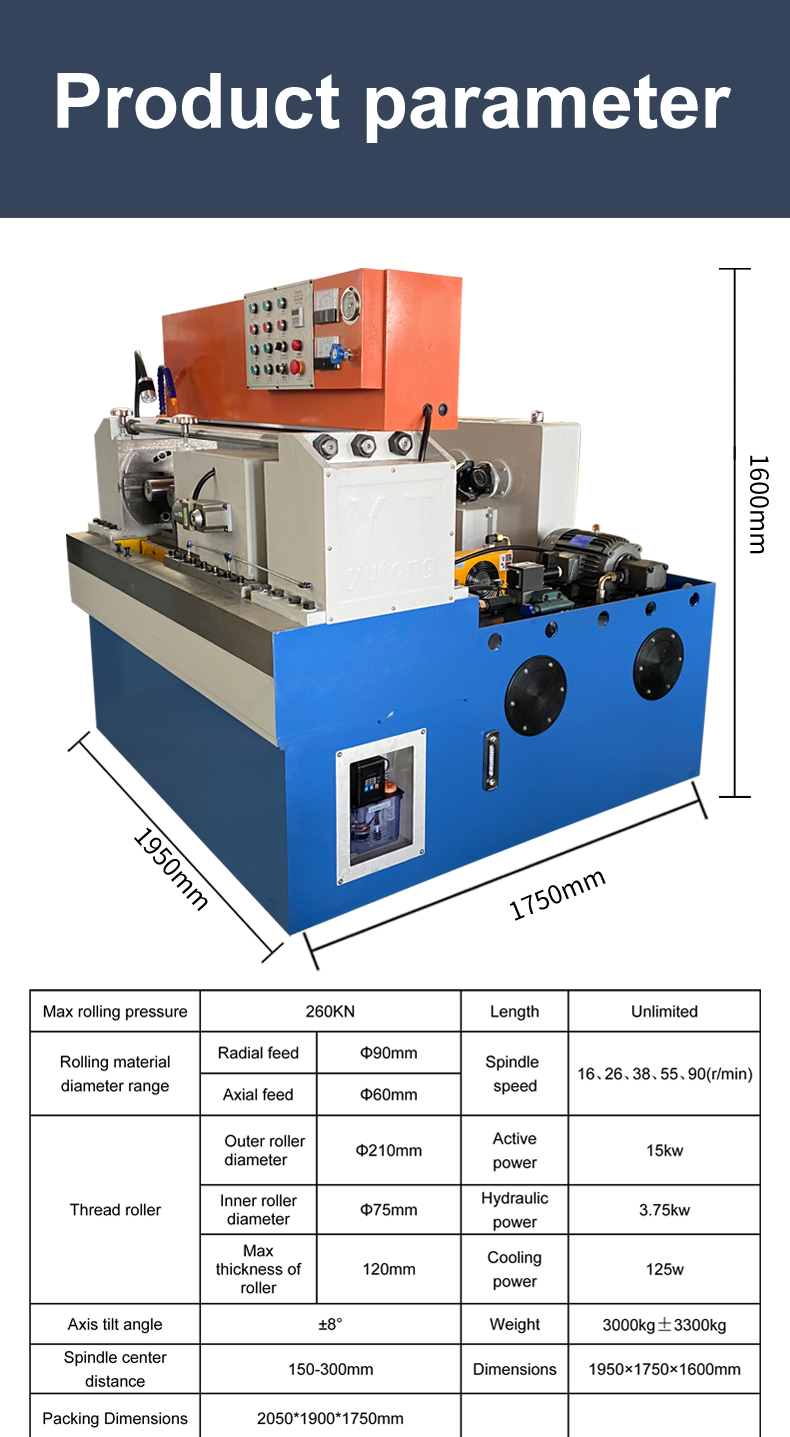
-
 Afrikaans
Afrikaans -
 Albanian
Albanian -
 Amharic
Amharic -
 Arabic
Arabic -
 Armenian
Armenian -
 Azerbaijani
Azerbaijani -
 Basque
Basque -
 Belarusian
Belarusian -
 Bengali
Bengali -
 Bosnian
Bosnian -
 Bulgarian
Bulgarian -
 Catalan
Catalan -
 Cebuano
Cebuano -
 Corsican
Corsican -
 Croatian
Croatian -
 Czech
Czech -
 Danish
Danish -
 Dutch
Dutch -
 English
English -
 Esperanto
Esperanto -
 Estonian
Estonian -
 Finnish
Finnish -
 French
French -
 Frisian
Frisian -
 Galician
Galician -
 Georgian
Georgian -
 German
German -
 Greek
Greek -
 Gujarati
Gujarati -
 Haitian Creole
Haitian Creole -
 hausa
hausa -
 hawaiian
hawaiian -
 Hebrew
Hebrew -
 Hindi
Hindi -
 Miao
Miao -
 Hungarian
Hungarian -
 Icelandic
Icelandic -
 igbo
igbo -
 Indonesian
Indonesian -
 irish
irish -
 Italian
Italian -
 Japanese
Japanese -
 Javanese
Javanese -
 Kannada
Kannada -
 kazakh
kazakh -
 Khmer
Khmer -
 Rwandese
Rwandese -
 Korean
Korean -
 Kurdish
Kurdish -
 Kyrgyz
Kyrgyz -
 Lao
Lao -
 Latin
Latin -
 Latvian
Latvian -
 Lithuanian
Lithuanian -
 Luxembourgish
Luxembourgish -
 Macedonian
Macedonian -
 Malgashi
Malgashi -
 Malay
Malay -
 Malayalam
Malayalam -
 Maltese
Maltese -
 Maori
Maori -
 Marathi
Marathi -
 Mongolian
Mongolian -
 Myanmar
Myanmar -
 Nepali
Nepali -
 Norwegian
Norwegian -
 Norwegian
Norwegian -
 Occitan
Occitan -
 Pashto
Pashto -
 Persian
Persian -
 Polish
Polish -
 Portuguese
Portuguese -
 Punjabi
Punjabi -
 Romanian
Romanian -
 Russian
Russian -
 Samoan
Samoan -
 Scottish Gaelic
Scottish Gaelic -
 Serbian
Serbian -
 Sesotho
Sesotho -
 Shona
Shona -
 Sindhi
Sindhi -
 Sinhala
Sinhala -
 Slovak
Slovak -
 Slovenian
Slovenian -
 Somali
Somali -
 Spanish
Spanish -
 Sundanese
Sundanese -
 Swahili
Swahili -
 Swedish
Swedish -
 Tagalog
Tagalog -
 Tajik
Tajik -
 Tamil
Tamil -
 Tatar
Tatar -
 Telugu
Telugu -
 Thai
Thai -
 Turkish
Turkish -
 Turkmen
Turkmen -
 Ukrainian
Ukrainian -
 Urdu
Urdu -
 Uighur
Uighur -
 Uzbek
Uzbek -
 Vietnamese
Vietnamese -
 Welsh
Welsh -
 Bantu
Bantu -
 Yiddish
Yiddish -
 Yoruba
Yoruba -
 Zulu
Zulu
How Wholesale Thread Rolling Machines Operate Effectively in Industrial Applications
The Working Principles and Applications of Wholesale Thread Rolling Machines
Thread rolling machines are essential tools in the manufacturing industry, specifically designed for creating threaded fasteners, bolts, and various other components with precision and efficiency. As businesses seek to optimize their production processes, the wholesale market for thread rolling machines has gained momentum. Understanding how these machines work and their applications can provide insights into their importance in modern manufacturing.
Understanding Thread Rolling
Thread rolling is a cold-forming process that involves the deformation of metal to create threads. This process differs from traditional cutting methods, where material is removed to form the thread. Instead, thread rolling reshapes the material, resulting in stronger threads due to work hardening. In addition, threading through rolling produces less waste, making it a more economical option for manufacturers.
How Thread Rolling Machines Work
Thread rolling machines operate by using two or three cylindrical rollers that are precisely shaped to the desired thread profile. The basic operation involves placing a cylindrical workpiece between the rollers, which then rotate and press against the piece, forming threads as they move. The following is a step-by-step breakdown of how these machines function
1. Loading the Material The first step involves feeding the blank or cylindrical workpiece into the machine. The alignment is crucial as it influences the accuracy of the threading process.
2. Setting Parameters Operators can set various parameters, including the thread pitch, diameter, and depth. Advanced machines may come equipped with digital controls that allow for precise adjustments.
3. Rolling Action Once the workpiece is properly aligned and the parameters set, the rollers begin their rotation. As they move together, they exert pressure on the workpiece, which takes shape according to the roller's profile. The rolling process requires careful monitoring to ensure consistency and prevent material defects.
4. Finished Product After the rolling process is complete, the threaded product is ejected from the machine. The finished threads typically exhibit enhanced strength and fatigue resistance compared to those made by cutting.
Advantages of Thread Rolling Machines
The use of thread rolling machines presents numerous advantages to manufacturers
wholesale thread rolling machine working

- Increased Strength As noted earlier, the cold-forming process enhances the mechanical properties of the threads, resulting in stronger products.
- Material Efficiency Since thread rolling does not remove material, it minimizes waste, making it an environmentally friendly option.
- Higher Production Rates Thread rolling machines can produce large quantities of threaded components in a shorter time, increasing productivity.
- Cost-Effectiveness Although the initial investment in quality thread rolling machines may be significant, their efficiency and reduced material waste lead to lower overall production costs.
Applications of Thread Rolling Machines
The applications of thread rolling machines are vast and can be found across multiple industries
1. Automotive Industry Numerous fasteners, such as bolts and nuts used in vehicles, are produced via thread rolling due to the high strength requirements.
2. Aerospace Sector The need for lightweight yet strong components makes thread rolling a preferred method for producing parts used in aircraft.
3. Electronics Manufacturers Threaded screws are commonly used in electronic devices, requiring high precision that thread rolling machines can easily achieve.
4. Construction Sector The construction industry relies on a plethora of fasteners, where thread rolling machines support the demand for robust and reliable products.
Conclusion
In conclusion, thread rolling machines play a vital role in modern manufacturing, offering a range of benefits that enhance production efficiency and product quality. As industries continue to evolve and require advanced solutions, the wholesale market for these machines is likely to expand. Manufacturers who embrace thread rolling technology can drive innovation, reduce production costs, and maintain competitive advantages in an increasingly demanding marketplace. Understanding the working principles and applications of thread rolling machines is essential for anyone looking to thrive in the manufacturing sector.
